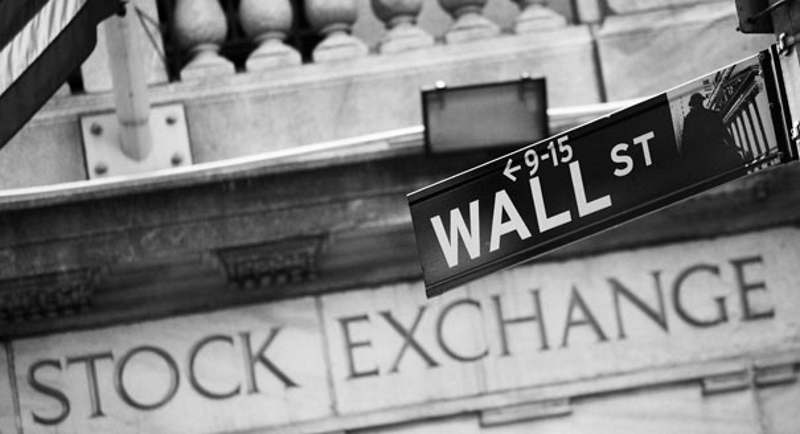 Handicapping the race to acquire Starwood is a game anyone can play. I have my own best guess as to the likely outcome, certainly. And I have a preferred outcome, as well (hint: I’m generally not a fan of consolidation).
Handicapping the race to acquire Starwood is a game anyone can play. I have my own best guess as to the likely outcome, certainly. And I have a preferred outcome, as well (hint: I’m generally not a fan of consolidation).
But I’m not a financial analyst, or an investment banker, or an M&A consultant, or a Marriott insider. So I take my own prediction with plenty of salt. And I’m paying attention to the expectations of those whose knowledge of the intricacies of hotel deal-making runs deep. Here’s a sampling of expert predictions.
As reported by Bloomberg, Robert W. Baird & Co.’s David Loeb expects Marriott to allow Anbang to proceed with its plan to acquire Starwood: “While we expect Marriott to counter the consortium’s proposal, we believe Marriott will remain disciplined, and it appears increasingly likely, in our opinion, that Starwood will be acquired by the consortium.”
The same Bloomberg report quotes John Paulson, president of Paulson & Co., Starwood’s largest shareholder, as follows: “Anbang is a proven, sophisticated buyer of related assets and we welcome their interest in Starwood.” That’s neither an endorsement nor a prediction, but it does underscore the seriousness with which Anbang’s offer is being taken by Starwood stockholders.
The Wall Street Journal, in an article tellingly entitled “Why Marriott Will Struggle To Top Anbang’s Starwood Offer,” an RBC Capital Markets analyst thinks Anbang’s offer will be hard to beat: “To get close to matching [Anbang] would be tough. The gap is probably too wide.”
A Reuters report includes this quote from a hotel industry analyst at Morningstar on the likelihood of Marriott’s submitting a counteroffer: “Marriott can increase their offer because they have the balance sheet flexibility.” But he also suggested that Marriott was only likely to sweeten its bid by $700 million, at most. At current share prices, Anbang’s offer is worth around $1 billion more than Marriott’s.
And finally, splitting the difference between those betting on Marriott and those betting on Anbang, Stephen Boyd of Fitch Ratings commented as follows in a Skift report: “The Starwood board has to weigh the difference between Marriott stock and all cash. The shares that would be issued by Marriott for Starwood are shares in the combined company. They have to evaluate the long-term value of that combined company and determine if it’s worth more than the cash being offered by Anbang today. That’s not an easy calculation to make.” In other words, it could go either way.
To the extent that the stock prices of Marriott and Starwood shares are indicators of investor sentiment, there’s clear evidence that Anbangs’ latest bid sparked excitement. At the market’s close on Friday, Marriott shares had moved up nearly 2 percent, and Starwood was up 5 percent. But it wasn’t clear whether investors were betting on Starwood’s survival as an independent brand, under new ownership, or on Marriott’s upping its bid and adding Starwood’s brands to its portfolio.
At this point, to the extent there is a prevailing sentiment, it’s that Marriott will likely make a counteroffer but stop short of engaging in a bidding war with Anbang, and Starwood will ultimately become part of Anbang’s hotel portfolio, not Marriott’s.
Reader Reality Check
What’s your bet for Starwood: merging with Marriott, or retaining its independence under new ownership?
After 20 years working in the travel industry, and almost that long writing about it, Tim Winship knows a thing or two about travel. Follow him on Twitter @twinship.

Leave a Reply